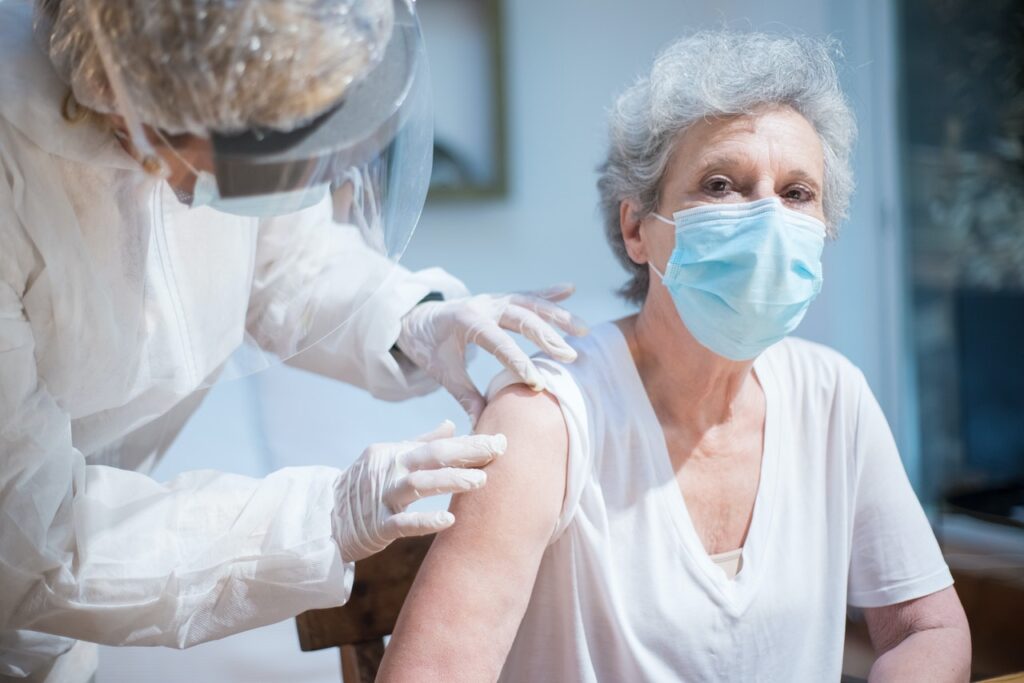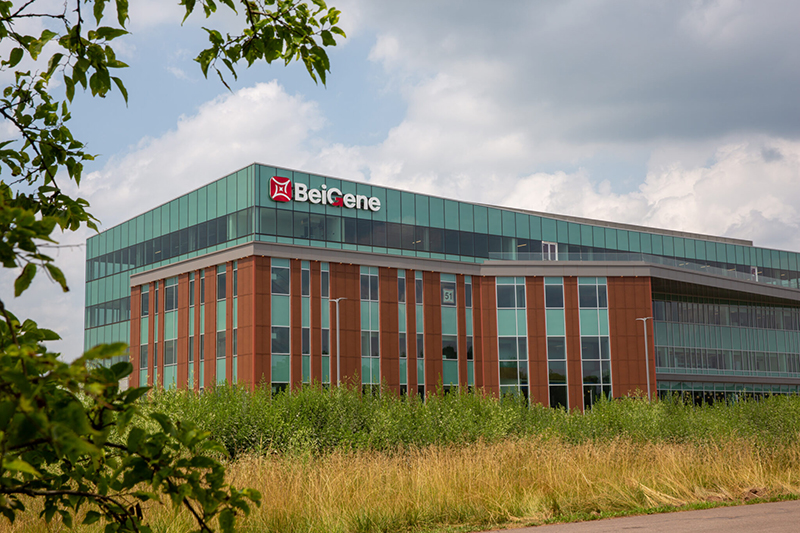It’s the biggest vaccination campaign in American history—but not everyone’s on board. Phyllis Arthur, Biotechnology Innovation Organization (BIO) VP of Infectious Diseases and Emerging Science, investigates why in a series of interviews for the just-relaunched I am BIO Podcast.
Enthusiasm for getting a COVID-19 vaccine is growing, as Good Day BIO reported—but around 37% of Americans are uncertain or say they don’t want the vaccine, including larger shares in minority, low-income, and rural communities.
Resistance is “more layered than you would think,” explains Arthur. “Reluctance is based on everything from not enough information, to too much information, to distrust in institutions, to questions about the speed and long-term effects, to limited access in certain communities.”
Information “overload” is part of the problem, says Angel, a fitness instructor from Maryland, who was interviewed on the podcast.
“Being African American, I also question why it also felt like they were pushing it on the African American community as well as the less fortunate,” Angel adds. “It actually made me a little more apprehensive to taking it.”
To understand vaccine hesitancy in the Black community, we have to look at history—and the “very legitimate and deeply held distrust” that goes back to slavery, Jim Crow, and Tuskeegee, explains Dr. Reed Tuckson, founder of the Black Coalition Against COVID-19 and former D.C. Commissioner of Public Health.
But thanks in part to outreach by “trusted voices” like health professionals and clergy, we’re seeing this turn around. A few months ago, 60-70% of Black Americans were saying “no” to the shot, but now 70% would get the vaccine or consider it “if they could get access to more factual information,” he says.
The episode also highlights why we need to make science (and vaccine appointments) more accessible—and why science education is critical to preparing for the next pandemic.
Listen to the whole thing at www.bio.org/podcast or wherever you get your podcast fix, including Apple, Google, or Spotify.




